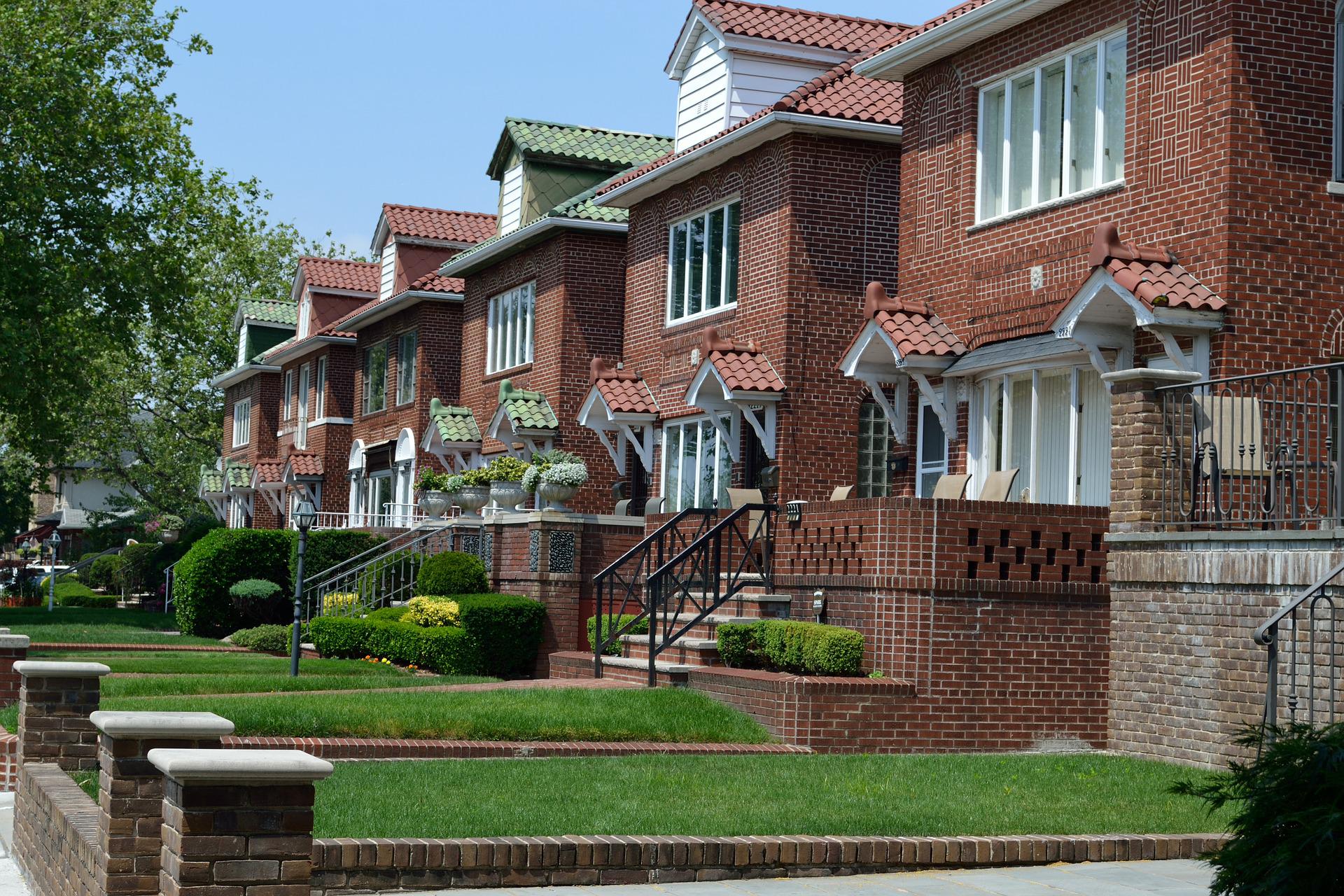Charles Brennan provided testimony in support of House Bill 24-1129, Protections for Delivery Network Company Drivers. CCLP is in support of HB24-1129.
Recent articles
CCLP testifies in support of TANF grant rule change
CCLP's Emeritus Advisor, Chaer Robert, provided written testimony in support of the CDHS rule on the COLA increase for TANF recipients. If the rule is adopted, the cost of living increase would go into effect on July 1, 2024.
CCLP testifies in support of updating protections for mobile home park residents
Charles Brennan provided testimony in support of House Bill 24-1294, Mobile Homes in Mobile Home Parks. CCLP is in support of HB24-1294.
CCLP’s legislative watch for April 5, 2024
For the 2024 legislative session, CCLP is keeping its eye on bills focused on expanding access to justice, removing administrative burden, preserving affordable communities, advocating for progressive tax and wage policies, and reducing health care costs.
Affordable Housing Policy Forum Recap, Part 2: ADUs, Mobile Homes, Rent Stabilization, & New Development

ADUs and Mobile Homes
Some homeowners choose to build secondary housing units on existing property, a construction type often referred to as an ADU, or accessory dwelling unit. This type of housing is typically self-contained and smaller in living space but is not considered a separate property that could be sold on its own. ADUs are also known as mother-in-law suites, granny flats, casitas, backyard cottages, garage or basement apartments, etc. Unfortunately, ADU construction is prohibited in many parts of the front range, frustrating affordable housing advocates. 80% of Denver is zoned for single-use housing, removing the ability to even consider expansion of a housing type that could lead to greater density in neighborhoods where it is needed most.
Traditionally, one of the most affordable housing options in Colorado has been mobile homes. Similar to low-income housing, however, mobile home parks happen to be highly appealing to investors and developers, who view these homes as profitable business investments. However, this investment approach often negates the experiences of those living in these spaces. Not only does housing need to be affordable, but it also needs to be safe, accessible, and functional. Participants from the forum indicated they wanted to see some form of class or training required for landlords to educate them on their rights and responsibilities to public safety.
Rent Stabilization & Other Policy Efforts
Advocates are keeping an eye on the ARPA funding to ensure local governments are distributing it to places of need. Since ARPA was a one-time funding opportunity, Colorado will be challenged to figure out funding efforts after the federal money goes out. Some have considered ballot proposals as a source of funding, while others believe government intervention and support is needed. Another alternative to affordable housing is through tax policy. Currently, Colorado subsidizes housing for those at the upper end financially, such as home mortgage interest or tax breaks for homeowners who are seniors. By using tax policy more effectively, however, the state could expand their subsidies to include people who rent their housing, which is a significant amount of the population. Ultimately, Colorado needs more supply of housing to bring market prices down.
Another advocacy effort discussed at the event has been to enact legislation stabilizing rent prices. While Governor Jared Polis has indicated he will veto any rent stabilization law, participants expressed that advocates must not consider this the end of the conversation. In fact, 74% of Coloradans support limiting a landlord’s ability to make large rent increases. Out of control rent increases could prove disastrous to Colorado’s future economy; certainly, they’re already a key contributor to the rising cost of living in our state.
New York is one of the few states to enact rent stabilization legislation. As one event attendee involved in eviction defense affirms, it has saved tenants the headache of higher payments. Similarly, Colorado Homes for All (CHA), a housing organization in our state, has intentions to bring forth future policy to repeal the ban on rent control at the state level. As discussed in the forum, CHA hopes to partner with local municipalities to stabilize rent.
Land Ownership & Development
The history of affordable housing hasn’t always been as intersectional in addressing some of the housing issues as it should be. While there is no “one size fits all” model to affordable housing, there are ways to benefit those typically neglected or pushed aside in these conversations. Advocates voiced their interest in seeing smaller developers or families within neighborhoods create development with their communities in mind.
Shared equity models were also considered as an alternative option to non-traditional housing. This approach allows for multiple people, families, or community members to own land collectively, rather than involving outside investors. Community-owned land offers unique opportunities for wealth building among communities traditionally shut out of the benefits of a growing economy.
To those who were able to attend this inaugural Policy Forum event, CCLP thanks you again for joining us in dialogue. We hope you found the discussion lively and gave way to new ideas or concepts about affordable housing. For all who were unable to attend, the event is now available as a recording on CCLP’s YouTube channel.
For Part 1: The Event, ARPA, & more, read here.
For Part 3: Attendee questions and resources, read here.
Read more about affordable housing bills passed in 2022 in our Housing Legislation list here.





